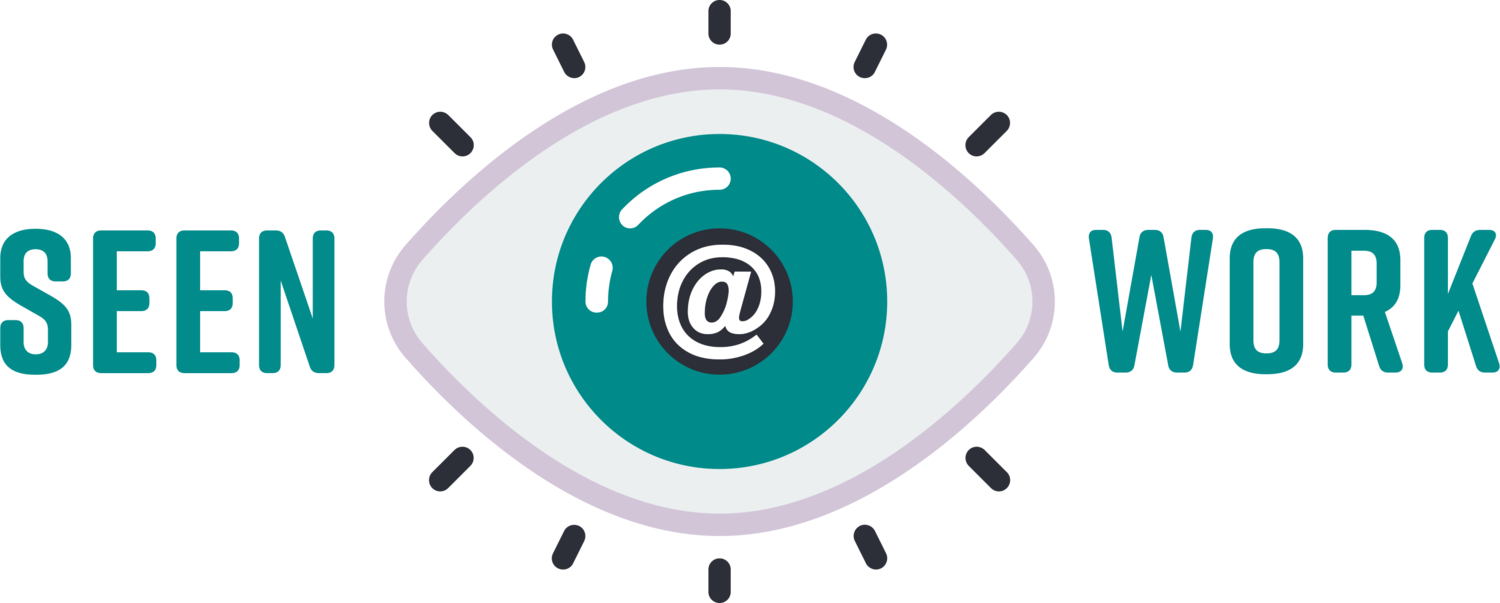
Unconscious Bias & Inclusive Leadership Training
Addressing unconscious bias and building inclusive leadership in your organzation
Duration: 3hrs
Description:
The benefits of diversity on a team or in a workplace are plentiful. In fact, research shows that diversity within a company can lead to more innovative work product, better decision-making, higher revenue, and so much more. Yet research also shows that the benefits of diversity are not achievable without a deliberate investment in cultivating an inclusive environment. The first step in building an inclusive environment is to address biases that may exist within our spaces. When we bring ourselves to work every day, we bring much more than our skills, our passions, and our ambitions. Whether we know they exist or not, biases join us in every space we find ourselves, including the workplace. Bias is not always bad. However, when we unconsciously allow our biases to taint our interactions, our decision-making processes and our leadership practices, the consequences can be detrimental.
This workshop will leverage years of well-documented research to help participants define, uncover, and address unconscious bias in its many forms as well as offer specific, actionable tools that formal and informal leaders can add to their leadership toolkit. It will explore the connections between and implications of unconscious bias and other concepts such as stereotypes, microaggressions, and intersectionality. It considers the various contexts within a workplace including meetings, management relationships, and peer relationships and provides strategies those leaders can implement right away and offer participants helpful tools, language, and practices as it reinforces the ways in which no one is immune to unconscious bias.
Central Questions:
What is unconscious bias? What are the different kinds to be aware of?
What are the consequences of unconscious bias? How might something so unconscious have such real consequences?
What does unconscious bias look like, where does unconscious bias manifest, and how can we become adept at recognizing it?
How can we constructively address unconscious bias in our organizational systems? In our peers at work? In ourselves?
What language, mindsets, and approaches can we use to turn our awareness of unconscious bias into a practice of inclusion?
What is inclusive leadership and why is it necessary?
What inclusive leadership principals support the development and maintenance of an inclusive culture?
What tangible tools and strategies can we implement today?
What skills and mindsets should I consider cultivating into the future to develop further as an inclusive leader?
Objectives:
By the end of this session, you will have:
Developed an understanding of unconscious bias and some of the different kinds that may impact workplaces
Examined your own unconscious biases and explored the ways in which everyone harbors unconscious bias
Gained tools and practices to recognize, surface, and address unconscious bias in your workplace
A tactical understanding of inclusive leadership and its many benefits
A set of strategies and tools to integrate into your management practice, contribute meaningfully to an inclusive workplace
